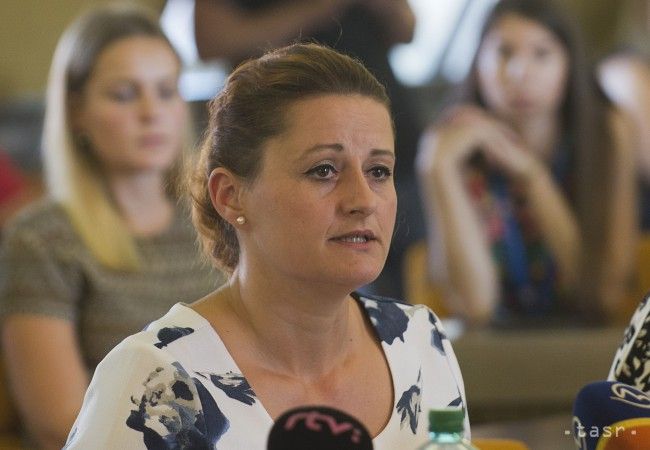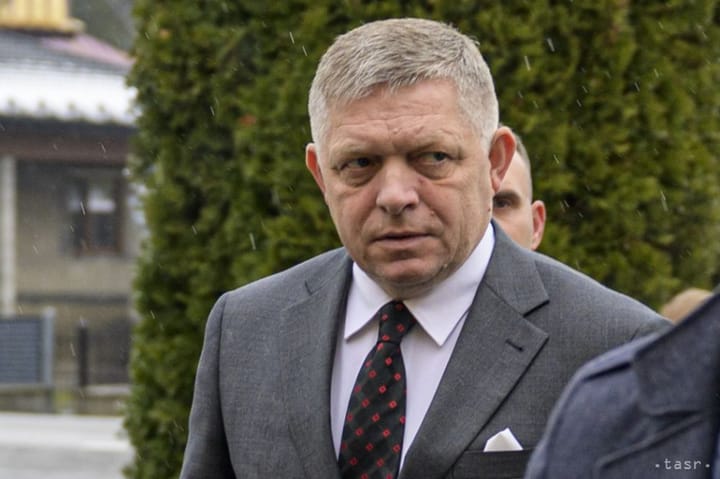Blahova: Slovakia's System of Care Provided to Children Is Rotten

Bratislava, September 24 (TASR) – Slovakia’s system of care provided to children that have problems or come from a problematic environment is rotten, said member of parliamentary human rights and national minorities committee Natalia Blahova (Freedom and Solidarity/SaS) on RTVS’s political discussion show ‘Sobotne dialogy’ (Saturday Dialogues) on Saturday.
“There are one thousand and one subproblems that haven’t been resolved for ages,” said the SaS MP, adding that this sector has been underrated and underfinanced over the long term.
Blahova argued that these problems are linked with the professionalism and number of staff in facilities that provide care to such children. She also pointed out that neither the social workers, nor the employees of such centres don’t work as they should. One significant deficiency is the system of checks of these facilities that is designed for covering up of their activities. Another problem is that medical facilities often refer children to the care of resocialisation centres even before the children are prepared for the resocialisation process.
“Problems of children needing help have been critically ignored over the long term and these are the consequences. And that in turn results in creation of a criminal breeding ground,” noted Blahova, adding that there’s a need to fundamentally change the whole system.
Parliamentary social affairs committee chair Alena Basistova (Siet/Network) agreed with the statement that this system is underfinanced. She stressed that, according to the data of the Labour, Social Affairs and the Family Ministry, there are around 1.1 million children, of which roughly 70,100 are having some kind of troubles, whether it be the class attendance or drug abuse.
Basistova also sees a significant problem in the small number of professionals taking care of these troublesome children, such as guardians, psychologists and psychiatrists. She stressed that there’s also a need to take a closer look at the functioning of the Health Ministry and how individual treatments are designed.
Both MPs see the interconnection of health care and social services as one of potential solutions. However, Basistova thinks that this would be a financial and legislative problem that couldn’t be solved in a few years, but she is in favour of all competent ministries and institutions to join forces and cooperate towards systemic changes.
Blahova and Basistova also agreed that they probably wouldn’t send their children to a resocialisation centre if it had issues with drug abuse.



